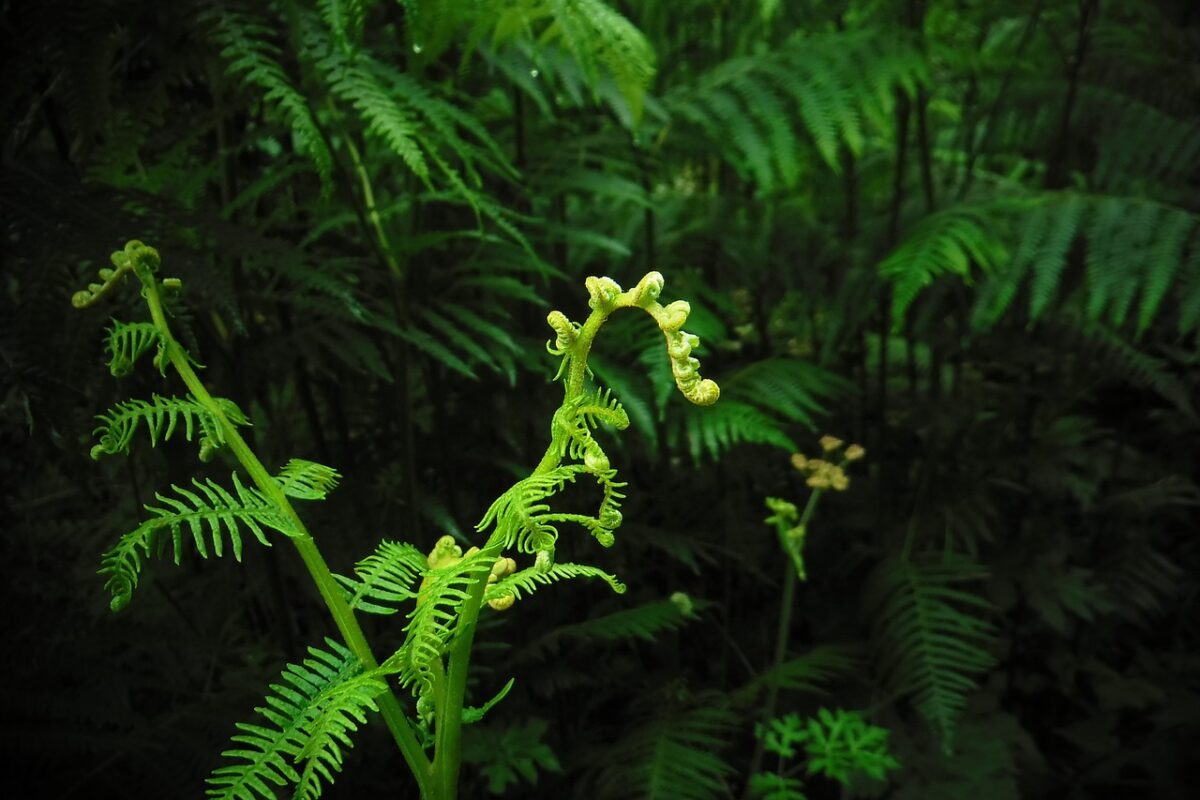Biodiversity benefits us all – but it seems to also have to bring in money. How can capital be put at the service of species conservation?
The protection of biodiversity is one of the most pressing challenges of our time – this should be clear to almost everyone by now. In recent years, the European Union has developed comprehensive strategies to counteract the ongoing extinction of species. In addition to legal requirements such as the Nature Restoration Law, the EU is also relying on private investment to mobilise the urgently needed funds for biodiversity protection.
Current EU strategies: laws and private investments
With its Nature Restoration Law, the EU wants to set a milestone for the protection of biodiversity. It obliges the member states to restore at least 20 % of damaged ecosystems in Europe by 2030. But laws alone are not enough. In order to achieve its ambitious goals, the EU is also relying on private investment. One current example is the recently launched EU-funded Bio-Capital project, in which Oikoplus is one of 17 partners. Bio-Capital aims to develop instruments to channel private funding specifically into projects that promote the protection of biodiversity and at the same time bring economic benefits.
The protection of biodiversity requires immense financial resources. Public funds alone are not enough to finance the large-scale restoration of natural habitats. As the European Investment Bank assumes in accordance with WWF figures, up to one million species could become extinct in the coming decades if drastic measures are not taken (European Investment Bank). Private investment in species conservation projects is therefore essential. Innovative financial instruments such as sustainability linked loans or green bonds could help to incentivise companies to make their business more sustainable. This is also emphasised by the World Bank in a report that suggests learning from climate protection when it comes to species conservation.
Examples of innovative financial models
Private equity companies are increasingly recognising the importance of biodiversity for long-term financial stability. According to the Boston Consulting Group, there are clear economic benefits when companies invest in biodiversity-friendly practices. Adopting such practices can both minimise financial risks and open up new business opportunities (BCG Global). Morgan Stanley emphasises that investments in biodiversity protection must be tripled by 2030 in order to achieve the goals of the Kunming-Montreal Global Biodiversity Framework (Morgan Stanley).
Nevertheless, the question remains as to whether voluntary investments really make a significant contribution to effectively combating biodiversity loss. It has been emphasised for decades that the economy must make its contribution – but this simply does not seem to be possible without coercion. A key challenge is that short-term economic interests are often at odds with long-term environmental goals.
Models such as the UNDP-supported Biodiversity Finance Initiative (BIOFIN) could help here. This programme helps governments to develop and implement national biodiversity finance plans by redirecting public and private financial flows into nature-positive investments (UNDP). With its ‘Do No Significant Harm’ principle, the European Investment Bank also demonstrates that strict environmental standards are necessary to hold the economy accountable in the long term and orientate it towards sustainability (European Investment Bank).
Turning the economy from a driver of species extinction into a protector of biodiversity will ultimately require a combination of legal requirements and financial incentives. The protection of biodiversity is not only an ecological necessity, but also offers economic opportunities. Private investment plays a crucial role in this process. Not only can they ensure the survival of countless species, but they can also open up new areas of business that benefit both investors and nature. We at Oikoplus look forward to working constructively on this issue in the coming years.


